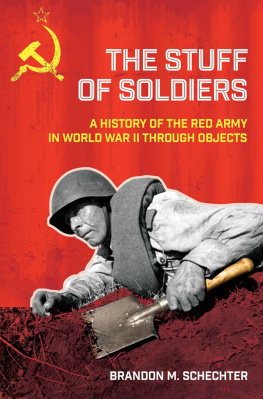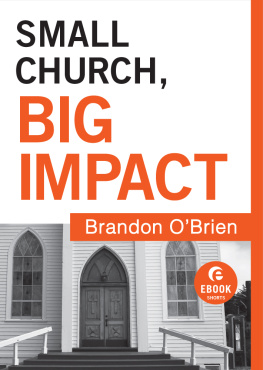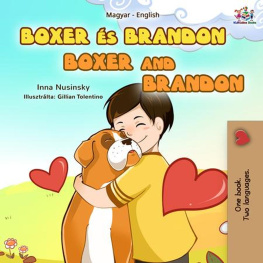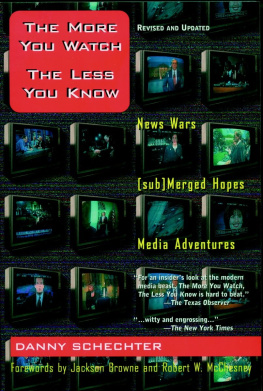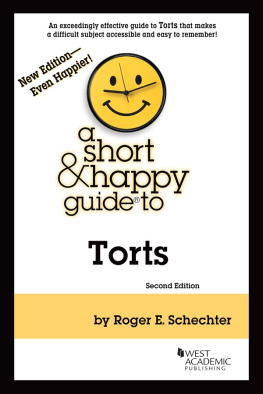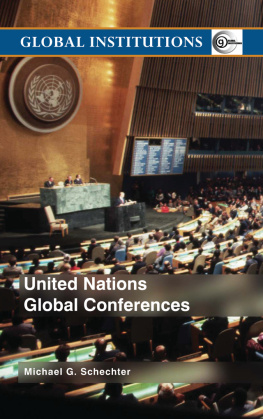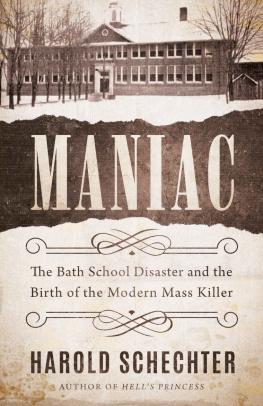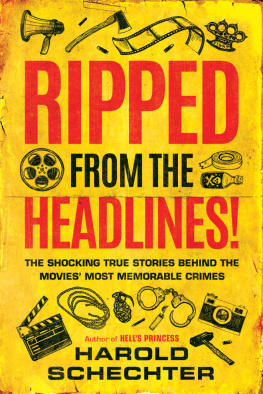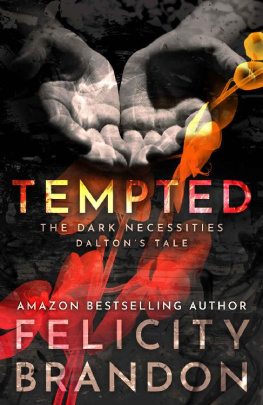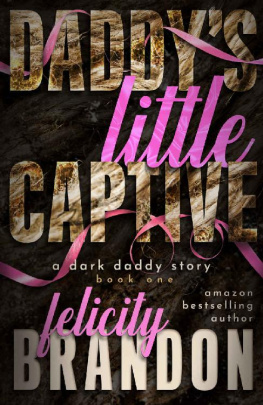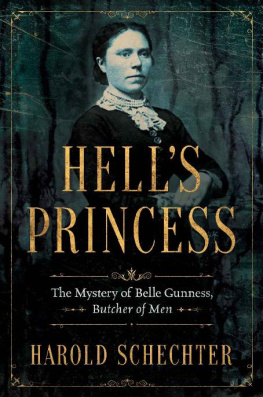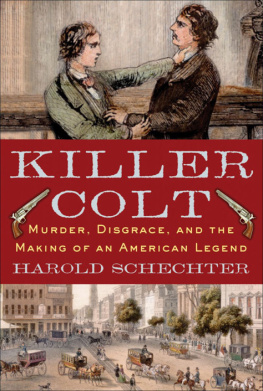Schechter Brandon M. - The Stuff of Soldiers
Here you can read online Schechter Brandon M. - The Stuff of Soldiers full text of the book (entire story) in english for free. Download pdf and epub, get meaning, cover and reviews about this ebook. year: 2019, publisher: Lightning Source Inc. (Tier 3), genre: Politics. Description of the work, (preface) as well as reviews are available. Best literature library LitArk.com created for fans of good reading and offers a wide selection of genres:
Romance novel
Science fiction
Adventure
Detective
Science
History
Home and family
Prose
Art
Politics
Computer
Non-fiction
Religion
Business
Children
Humor
Choose a favorite category and find really read worthwhile books. Enjoy immersion in the world of imagination, feel the emotions of the characters or learn something new for yourself, make an fascinating discovery.
- Book:The Stuff of Soldiers
- Author:
- Publisher:Lightning Source Inc. (Tier 3)
- Genre:
- Year:2019
- Rating:4 / 5
- Favourites:Add to favourites
- Your mark:
- 80
- 1
- 2
- 3
- 4
- 5
The Stuff of Soldiers: summary, description and annotation
We offer to read an annotation, description, summary or preface (depends on what the author of the book "The Stuff of Soldiers" wrote himself). If you haven't found the necessary information about the book — write in the comments, we will try to find it.
The Stuff of Soldiers — read online for free the complete book (whole text) full work
Below is the text of the book, divided by pages. System saving the place of the last page read, allows you to conveniently read the book "The Stuff of Soldiers" online for free, without having to search again every time where you left off. Put a bookmark, and you can go to the page where you finished reading at any time.
Font size:
Interval:
Bookmark:
I owe a tremendous debt to a small army of people in the realization of this project and am happy to list many of them here.
New York University has been an ideal environment to finish this book. Without Elihu Rose, who generously sponsors my position here, you would not be reading these lines. Jane Burbank, Herrick Chapman, Stefanos Geroulanos, Stephen Gross, David Ludden, Molly Nolan, and Leslie Pierce have gone out of their way to make me feel at home in the History Department. Conversations with Yanni Kotsonis about the state, Anne Lounsbery about meshchanstvo , and Anne ODonnell about property allowed me to clarify key ideas as I finished this work. Tatiana Linkhoeva, an old co-conspirator, continues to be a good friend, confidant, and fellow student of empire.
Before arriving in New York, I spent a year at the Davis Center for Russian and Eurasian Studies, where Xenia Cherkaev, Alex Diener, Anna Ivanova, Jackie Kerr, Terry Martin, Kelly ONeill, Serhyi Plokhyi, and many others helped me develop this book. Special thanks to Kelly and Anna, who were particularly insightful.
I had the great fortune to study at the University of California Berkeleys History Department. Yuri Slezkine initially drew me to Berkeley with his ability to tell a story with humor, which I hope rubbed off on me a bit. He has been an exceptional mentor who has challenged me to think about structure and narrative in ways that have made me understand history with greater depth and become a more interesting human. Victoria Frede-Montemayor challenged me to seriously consider the words I use and is one of the warmest people I have known. John Connelly reminded me to see Stalinism through non-Soviet eyes. Alexei Yurchak was a kind mentor and along with Melanie Feakins, a generous friend.
While at Berkeley I enjoyed the benefit of a superb Russian History Working Group (The Kruzhok), which provided fellowship and intellectual sustenance. I would like to thank all the members and single out Rhiannon Dowling, Nicole Eaton, Eric Johnson, Jason Morton, Alexis Peri, Charles Shaw, Yanna Skorobogatova, Mirjam Voerkoelius, and Katherine Zubovich in particular. Charles provided invaluable feedback on the penultimate draft and has been a great friend since I landed in California. I am very happy that our paths have had so many happy parallels. Alice Goff has served as an outside perspective on my work and source of much needed levity on innumerable occasions. James Skee and Gene Zubovich were true comrades at Berkeley and beyond. Bathsheba Demuth has forced me to consider things I usually ignore, especially ice and calories. Most chapters in this book were born in research seminars under the tutelage of Yuri Slezkine, Tom Laqueur, Kerwin Klein and Stefan-Ludwig Hoffmann. I thank them and my colleagues in those seminars.
This project received generous support from a Fulbright Institute of International Education Grant, The Deans Dissertation Research Grant, several Foreign Language and Area Studies (FLAS) Fellowships and innumerable small grants and fellowships distributed by Berkeleys Institute of Slavic, East European, and Eurasian Studies (ISEEES) and The Berkeley Program in Eurasian and East European Studies (BPS). I thank Ned Walker for support as the head of BPS, his critique and input from the ground floor of this project and most importantly his generosity as Godfather. I would also like to thank Zach Kelly and Jeff Pennington for all of their advocacy.
Before I arrived in California, a number of people shaped my interests and continue to encourage them. Nikolai Firtich, Alexei Klimov, Mikhi Pohl, and Dan Ungurianu introduced me to Russian culture, history, and language at Vassar College. Bair Irincheev was my guide to the battlefields of the Leningrad and Karelian Fronts and is a wonderfully supportive friend. Alexander Semyonov introduced me to the conundrum of empires and convinced me to become a historian. I thank Boris Kolonitskii, the late Oleg Ken, Mikhail Krom, Vladimir Lapin, and Ekaterina Pravilova for their mentorship while I studied at European University at St. Petersburg and Sonia Chuikina and Elena Zdravomyslova for introducing me to issues of gender. A special thanks to Geoff Hass and Nikita Lomagin for convincing me to stick with this and their continued mentorship. Rufina Adilzianova, Foma Campbell, Sasha Beliaev, Ilya Chuikin, Danis Garaev, Ilya Orlov, Sasha Sotov, and Anna Zhelnina have all informally contributed to this project. Ilmira Gainutdinova provided shelter and friendship in Moscow and Kazan. Since before I knew a word of Russian, Ethan Bien, Matt Galvin, Jon Li, Drew Rodgers, and Ben Sozanski have provided lasting friendship and outside perspectives on work and life.
While doing research, I have acquired debts to a number of people. Oleg Vitalevich Budnitskii of the International Center for the History and Sociology of World War II and Its Consequences sponsored me in Moscow and introduced me to many sources. He also gave me several opportunities to share my research with a Russian audience. The International Social Science School in Ukraine was a unique opportunity to run my ideas by a wide range of international scholars, and I thank in particular Anna Colin-Lebedeva for organizing it and Franois-Xavier Nrard and Amandine Regamey for their comments and continued engagement with my work. I am grateful to Tarik Cyril Amar, Dominique Arel, Leora Auslander, Katja Bruisch, Nikolai Mikhailov, Harriet Murav, Franois-Xavier Nrard, Jan Plamper, John Randolph, Gbor Rittersporn, Mark Steinberg, Richard Wortman, and Tara Zahra for inviting me to present papers in Champaign-Urbana, Chicago, Moscow, New York, Paris, St. Petersburg, and Zhitomir. Conversations with Rachel Applebaum, Betty Banks, David Brandenberger, Jonathan Brundstedt, Masha Cerovic, Donald Filtzer, Ilya Gerasimov, Sergei Glebov, Wendy Goldman, Jochen Hellbeck, Lisa Kirschenbaum, Natalia Laas, Steve Maddox, Erina Megowan, Harry Merritt, Alexandra Oberlnder, Anatoly Pinsky, Jan Plamper, Ethan Pollack, Giulio Salvati, and Vanessa Voison have helped shape this text, and I am grateful to each of them for their generosity of spirit. I also thank the participants of the Harvard and Columbia kruzhki as well as the NYU graduate student seminar, for their feedback on chapters 1, 6, and 7.
I would like to thank the archivists at the State Archive of the Russian Federation (GARF), Central State Archive of Historical-Political Documentation of the Republic of Tatarstan (TsGA IPD RT), National Archive of the Republic of Tatarstan (NART), Russian Academy of Sciences Institute of Russian History (NA IRI RAN), Russian State Archive of Social and Political History (RGASPI), and Moscow Central Archive-Museum of Personal Collections (TsMAMLS). Galina Koroleva at the Russian State Archive of Film and Cinema provided excellent photographs in record time. (Anna Ivanova made sure that I got the photos.) Galina Tokareva at RGASPI was exceptionally kind and helpful. Konstantin Drozdov at NA IRI RAN was a researchers dreaman archivist who worked with lightning speed and was invested in my projectwithout him, this work would be much weaker. I thank Jochen Hellbeck for introducing me to this archive.
On the production front, I wish to thank Emily Andrew for being an ideal editor who saw the potential of this project and has been exceptionally kind and supportive through the entire process. Bethany Wasik has been patient with my innumerable questions. Carolyn Pouncy provided superb copy editing. Angelina Lucento, David Shneer, and Erika Wolff all guided my navigation of image permissions. A special thanks to David for his above and beyond help! I would like to thank the NYU Humanities Center for their generous Grant-in-Aid, which provided funds for images. I also thank Indiana University Press for granting permission to publish an updated version of chapter 3, which originally appeared in Wendy Goldman and Donald Filtzer, eds., Hunger and War: Food Provisioning in the Soviet Union during World War II (Bloomington: Indiana University Press, 2015), 98157.
Font size:
Interval:
Bookmark:
Similar books «The Stuff of Soldiers»
Look at similar books to The Stuff of Soldiers. We have selected literature similar in name and meaning in the hope of providing readers with more options to find new, interesting, not yet read works.
Discussion, reviews of the book The Stuff of Soldiers and just readers' own opinions. Leave your comments, write what you think about the work, its meaning or the main characters. Specify what exactly you liked and what you didn't like, and why you think so.

